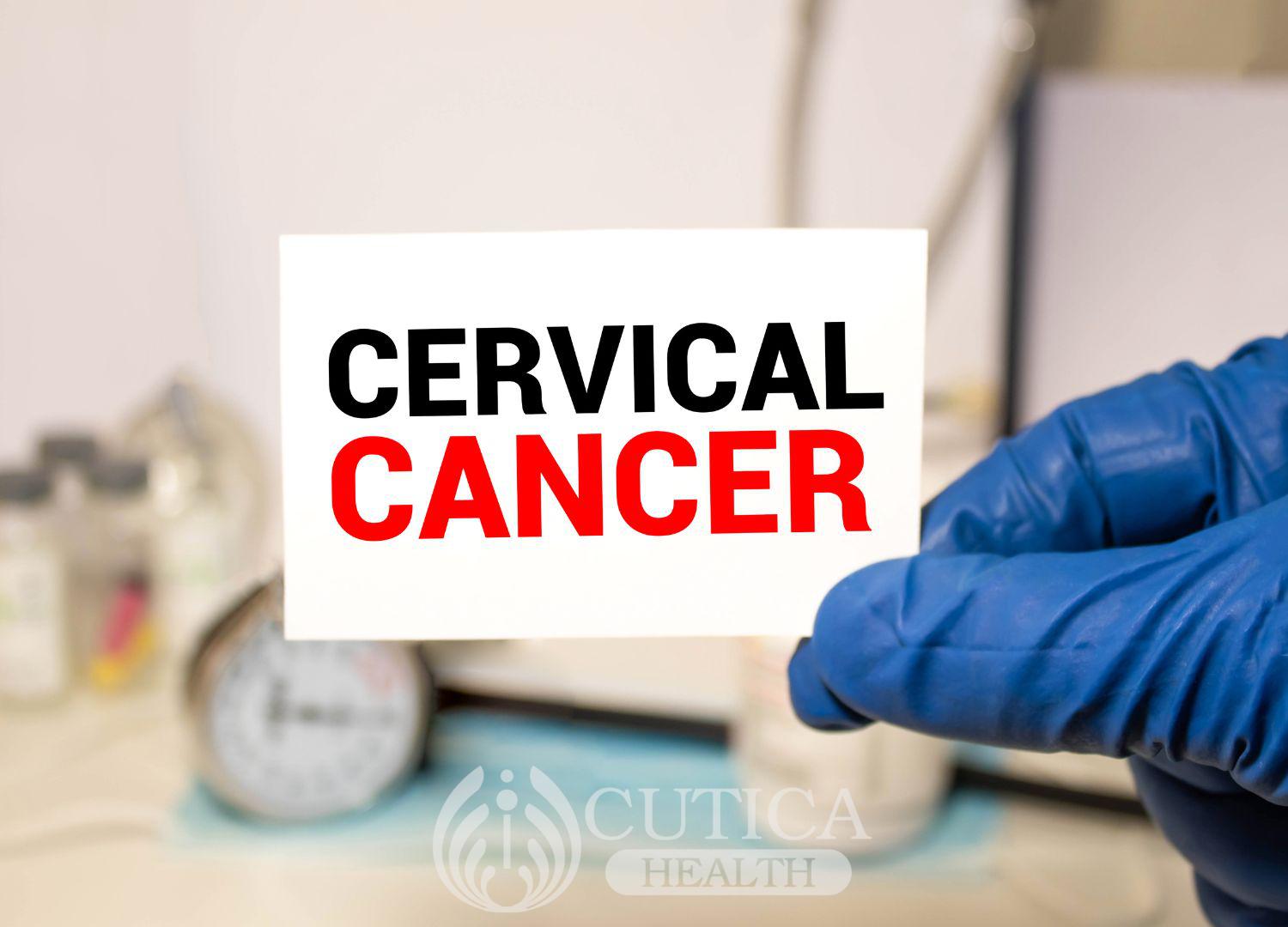
Skin cancer occurs when there is an uncontrolled growth of abnormal cells in the skin.There are different types of skin cancers. Some are more aggressive and difficult to treat than others.
The most talked about ones are basal cell carcinoma, squamous cell carcinoma, andmelanoma . 
What causes Skin Cancer?
While the cause of skin cancer is not clearly understood, what underpins it is damage to or mutation of the genes and DNA involved in the formation of skin cells. There are a few factors that place you at risk of this DNA abnormal change, including:
- Skin type: People with lighter skins are at a higher risk of developing certain types of skin cancers like basal and squamous cell carcinomas. The risk of basal cell skin cancer has been found to be higher in people who have very light skin, light coloured eyes, red or blonde hair.
- Exposure to sunlight: Chronic, unprotected exposure to sunlight increases the risk of skin cancer. People who spend a lot of time in the sun e.g. construction workers, are at a higher risk. A recreational outdoor activity that involves constant exposure to sunlight also increases risk of developing skin cancer.
- Tanning beds: This practice is common in the west. The radiation emitted during tanning increases risk of skin cancer by 67%, compared to those who do not have this practice.
- Age: Both basal and squamous cell skin cancer are mostly found in the older population. This is because the condition takes time to develop and the elderly have had more sun exposure compared to the younger population. It can still however occur in young people in their 20, and 30s.
- Immune system: Any form of compromise to one's immunity puts them at risk of developing a number of medical conditions, including cancer. A history of an underlying medical condition that suppresses the immunity like HIV, history of transplant, use of immune suppressive drugs, etc, increases risk of developing skin cancer.
- Family History or Personal History: Risk of having a type of skin cancer increases when there is history of skin cancer in the family. Also, if you've had skin cancer in the past, there is an increased risk of the condition reoccurring.

- Radiation Therapy: Sometimes, people undergo radiation therapies to treat certain diseases. This increases risk of having skin cancer, especially at the site of radiation.
How to Lower Risk of Skin Cancer
- Limit your exposure to sunlight.
- Use sunscreen or sunblock creams to protect skin from prolonged exposure and avoid damage.
- Sunblock with an SPF of at least 30 is recommended for use all year round, even when it is not sunny outside.
- Avoid visits to tanning parlours.
- Examine your skin regularly and report any unusual changes to your doctor early.
- Use of protective clothes: Your clothes should cover your arms and legs. Dark, tightly woven clothes are recommended as they have been shown to offer the best protection.
What Are The Symptoms Of Skin Cancer?
- The most common presentation is the appearance of a mole like growth. In squamous cell skin cancer, these growths are mostly on areas of your skin exposed to sunlight. This might be the only symptom.
- The mole often increases in size over time or could change colours as it enlarges.
- Other common symptoms are itching and bleeding of the growths.

How Is It Diagnosed and Treated?
If from a simple physical examination of the growth and your medical history, your doctor thinks you could have skin cancer, a biopsy will be done to take some samples off the mole and visualize it under a microscope.
When diagnosed early, treatment in most cases is effective and most patients recover. Treatment however depends on the size of the tumour, type, spread, age, and general health condition. Treatment usually includes surgery to remove the growth and/or anti-cancer medications.
Summary
Skin cancer may not initially present with distressing symptoms so most people are usually not keen on having themselves checked, usually brushing it off as a harmless growth.
If you have a skin swelling that refuses to go away, has changed colour or form over time, bleeds easily or you are just worried about it, go to your doctor and have it checked out. Early detection and intervention greatly improve the chances of effective treatment.












